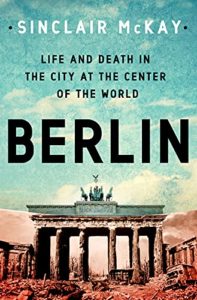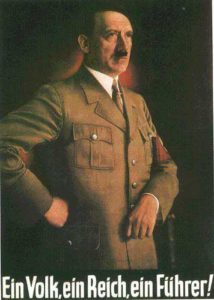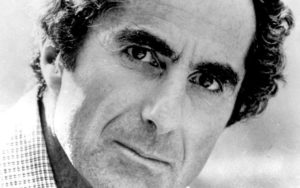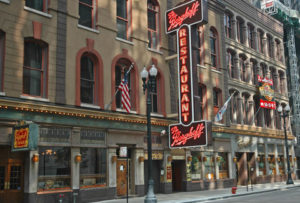It’s been said that Berlin is a city with “too much history” and reading this fascinating, encyclopedic book you can see why. Relying heavily on the letters, diaries, and accounts of ordinary people like clerks, housewives, factory workers, and teenagers, the author charts the complex transition of Germany’s capitol from the end of WWI to the end of WWII and beyond, from rebirth to almost total destruction to rebirth, division and union.
In the first part of the book we follow Berlin’s path from imperial capital to hotbed of anarchy to democracy to the rise of fascism. It all seems to happen with dizzying speed in a city internationally renowned in the Teens and Twenties for its striking architecture, its art and music, its amazingly open gay culture, and a boom and bust economy that ruined the lives of far too many citizens.
Life seemed even faster-paced than in New York City and change could happen with frightening rapidity; equally frightening was the violence that broke out between varying political factions well before the Nazis took complete control and the insane mob violence directed at Jews.
The author deftly captures the bureaucratic madness of Nazi rule as when he lists some of the attempts to control the jazz that citizens enjoyed. Rules stipulated, for instance, that jazz played on the radio should not have “rhythmic reverses characteristic the barbarian races and conducive to dark instincts alien to the German people.” As opposed to the dark instincts that they were at home with?
In the second part, we enter the downfall of Berlin at the end of the war, experiencing life under ceaseless bombardment by Allied bombers and then Soviet attacks as they seek to pulverize the city and extirpate fascism. It’s suitably grim as citizens live without electricity, heat and adequate water inside subway stations and basements, scrounging for food, desperate not to be killed while out in the open or buried alive. Anyone reading news about the current war in Ukraine will recognize the horrendous living conditions under siege, though the aggressor is different.
Surprisingly, the shortest section of the book might be the freshest for people who’ve read books like Berlin at War by Roger Moorehouse or Germany 1945 by Richard Bessel. Here McKay explores the chaos in a city not fully divided between the Western Allies and the Soviet Union, the growing iron fist of Soviet rule, the ways in which people coped or escaped, the re-emergence of cultural life across the city and the widely-held alarm in East and West Berlin about rock music and how it supposedly endangered teens.
Given how often jazz comes up, it’s strange that there’s no entry for it in the index, and though the author occasionally mentions Berlin’s famous cynical humor, he doesn’t offer enough of it to match his characterization of Berliners as ultimately resistant to authority. Readers interested in that side of the story would probably enjoy Rudolph Herzog’s Dead Funny: Humor in Hitler’s Germany.
These minor flaws aside, the book is an evocative tribute to a city whose energy is admired worldwide. ★★★★
Lev Raphael is the author of the memoir/travelogue My Germany and 26 other books in many genres.


 *
*
![[cover]](http://www.levraphael.com/images/cover_mygermany_152.jpg)


